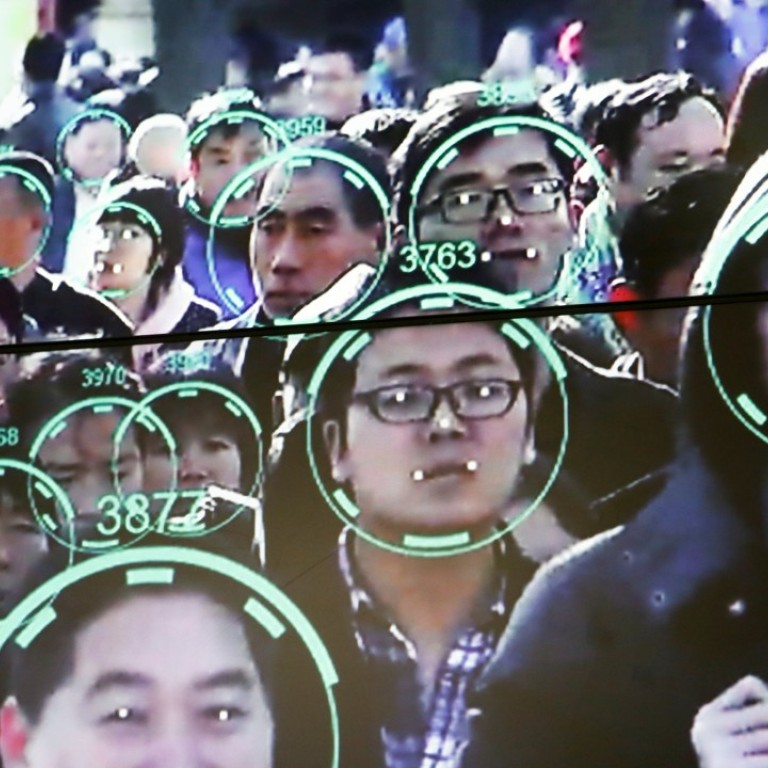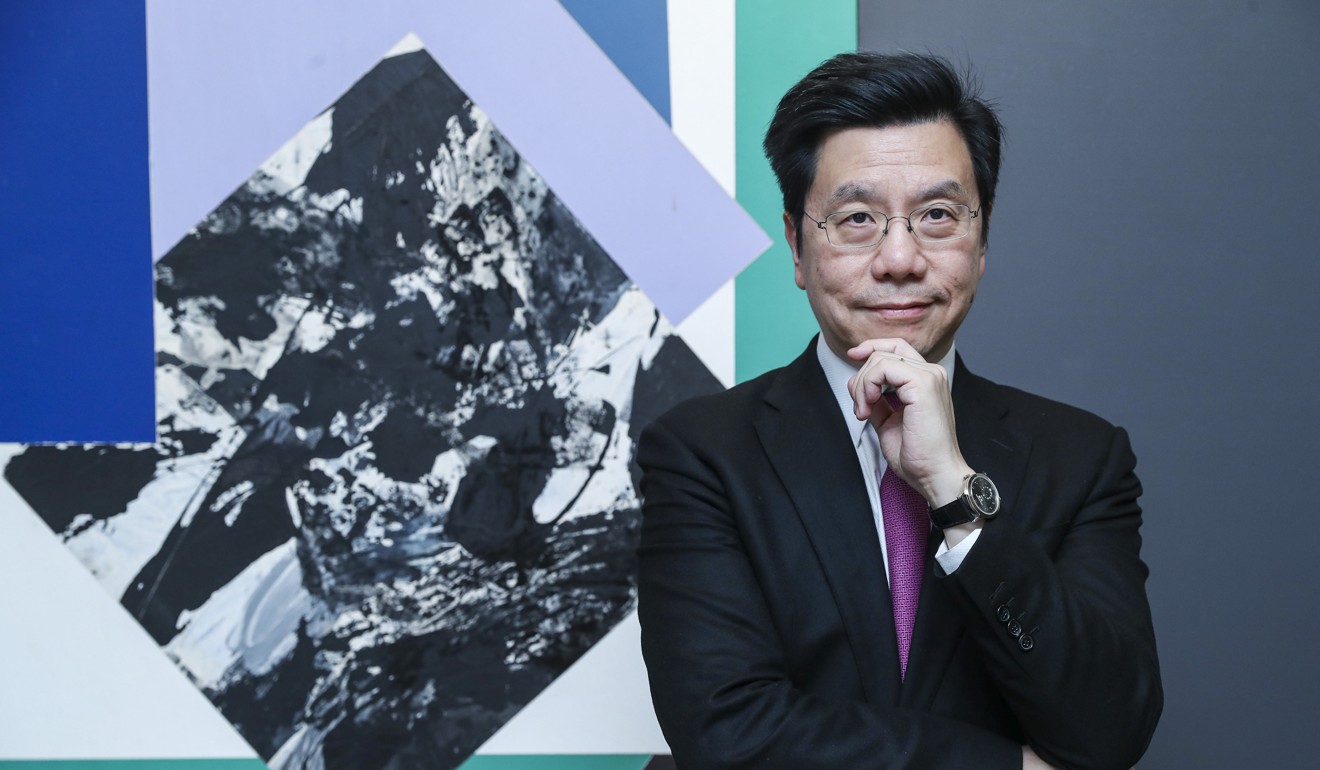
China’s ‘economic diversity’ may help shield it from economic slowdown, says Sinovation executive
- The unique Chinese economy has its own cycles and growth potential, says top tech venture capitalist
Invoking a concept from a Hugo Award-winning sci-fi novelette about China’s widening social gap, a leading Chinese venture capitalist said the country’s economic “diversity” may help it weather the coming winter, a euphemism for slower economic growth.
The various facets of a “folding China” may enable the world’s second largest economy to withstand the slowdown, according to Wang Hua, managing partner of Sinovation Ventures, which manages funds worth US$2 billion.
In Folding Beijing, writer Hao Jinfang tells the dystopian story of the city’s widening social gap, where buildings fold up and retract to allow residents of different classes to share the same space in a 48 hour cycle.
“In some sense, China is not a single economy but an amalgamation of several that are unique in their stage of development and scale of volume,” Wang said at a year-end review and forecast briefing in Beijing on Monday.
“The development pattern ensures the unique Chinese economy has its own cycles and growth potential,” he said, adding that the country was like a “magic cube” with a diverse landscape in demographics, cities, industry development, and the varying degrees to which technology is adopted among sectors.
“Despite the fact that the internet is proliferating in China, the sectors being transformed account for only a small handful related to retail and services like entertainment and travel bookings,” Wang said.
Wang’s message of resilience comes as the world’s second largest economy is experiencing its slowest growth in decades, triggering a knock-on effect in the tech sector. The slow down was exacerbated by the Sino-US trade war that is now on hold for 90 days after talks between both sides at the G20. A dozen venture capitalists in the country have forecast a coming “winter” for their industry, with a tighter funding environment, valuation cuts and business closures.
While consumers in first-tier cities are moving to niche brands, so-called new retail and speedy home delivery, the concept of convenience store chains and brand recognition are only just emerging in second- and third-tier cities, he said. Further, those in tier four or below cities are still finding they have more shopping options, akin to when residents in China’s big cities witnessed the explosion in rise of shopping malls and supermarkets in the 2000s.
As a late-mover in embracing the internet and consumer consumption, the Chinese economy is unique in the way it has developed, according to Wang. “There are countless mom and pop stores and small retailers in the country, all at an early stage of management consolidation and technology integration,” he said. “Chinese internet companies like Tencent and Alibaba are first trying to secure market share and capital before helping with the rejuvenation of traditional retailers.”
Opportunities are also emerging in the adoption of automation on the supply side to “match the country’s world-leading development” in fields such as e-commerce, mobile payments, live-streaming and last-mile delivery, according to Wang.
“China is the world’s factory, contributing 60 to 70 per cent of capacity, but the degree of automation and per capita productivity is still low,” he said.

Founded in 2009, Sinovation Ventures manages a portfolio of US$2 billion in yuan and US dollar funds and was one of the first Chinese venture capital firms to establish a presence in the US.
It has been an early round investor in several of the country’s artificial intelligence unicorns – companies with a valuation of US$1 billion or above – including Megvi which is also known as Face++, AI chip maker Horizon Robotics, and autonomous driving start-up Momenta. Other flagship investments include bike-sharing start-up Mobike, China’s biggest selfie app Meitu, and Quora-like platform Zhihu.
“From a macro perspective, any economy would have its cycles,” Lee Kai-fu, former president of Google China and chairman and CEO of Sinovation Ventures, said at the briefing on Monday, without elaborating. “Challenging times are good opportunities for investments or even starting a business because the hype-chasers keep their heads down, leaving only those with real ideas, passion and capabilities to make a contrarian move,” Lee said.
Follow us @SCMPTech on Twitter for the latest in China and Asia tech news.

